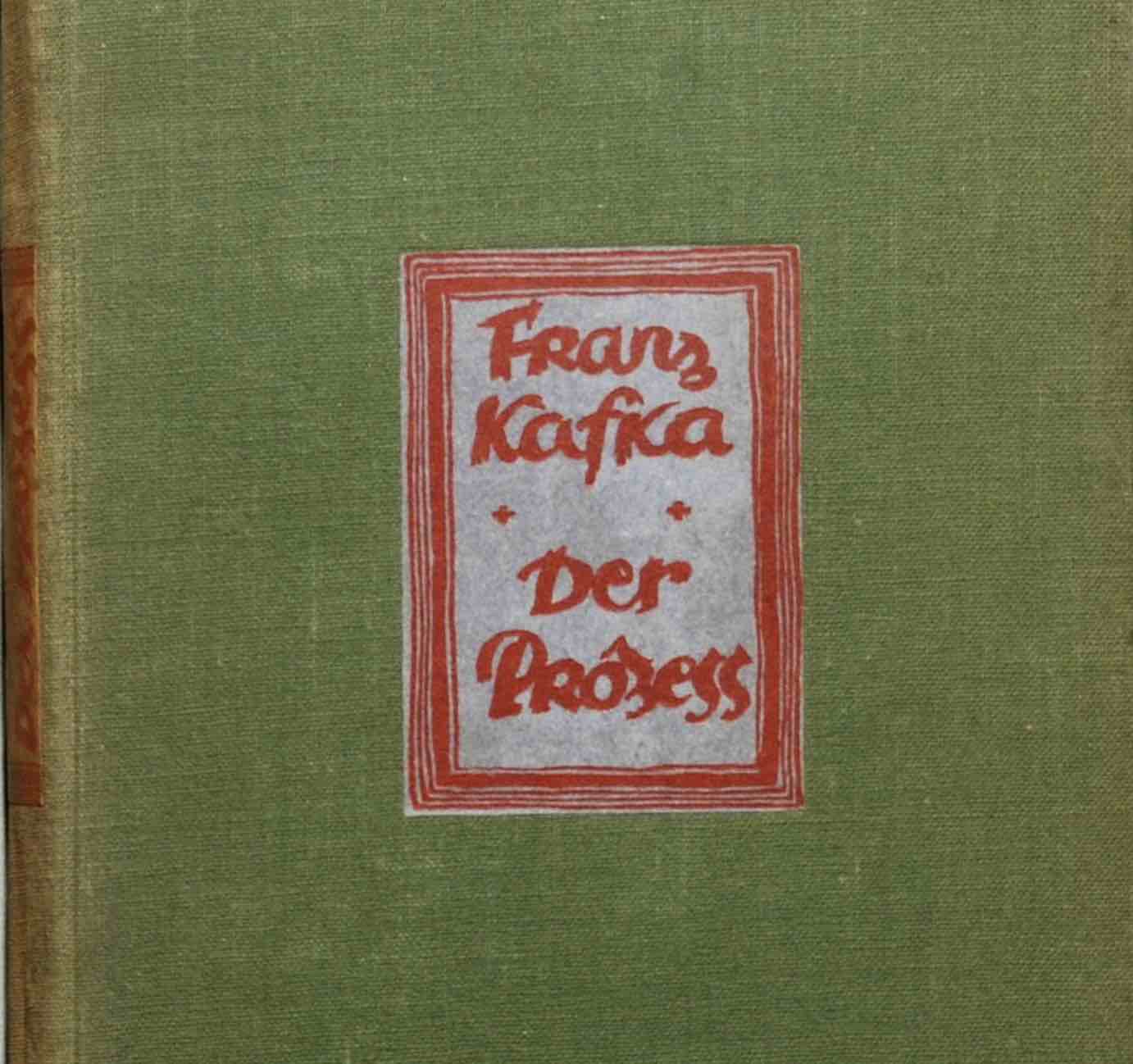
We are all Josef K
- Martin Enlund
- 11/24/23
TL;DR: We are increasingly treated like Josef K, the protagonist in Franz Kafka’s novel The Trial. Perhaps not by the usual legal system but within the ‘shadow judiciary’ of major corporations’ user agreements and the regulatory framework of the financial sector.
Someone must have been telling lies about Josef K, he knew he had done nothing wrong but, one morning, he was arrested.
This is how Franz Kafka’s novel ‘The Trial’ begins, a surrealist story following the protagonist Josef K as he undergoes a bizarre trial for an unspecified crime. The story starts with him waking up one morning and finding himself arrested by strange agents. Josef K navigates through bureaucratic legal processes, seeking answers and defending himself, but he never becomes aware of the specific nature of the crime he’s accused of.
Today, nearly a century later, we are increasingly treated like Josef K. Perhaps not by the usual legal system but within the ‘shadow judiciary’ that has emerged due to the user agreements and guidelines of major corporations as well as due to the regulatory framework of the financial sector.
Note: this article is also available in Swedish
We have touched upon a related phenomenon earlier, i.e. how the contemporary world is displaying an increasing resemblance to the less favorable aspects of feudal historical periods. See for instance You will own nothing. And you will be unfree. Alas, there’s more to the story, especially since more and more of our lives have shifted to the digital realm in recent decades. And perhaps will continue to shift.
On platform X, formerly Twitter, there is a policy of ‘freedom of speech, not reach.’ The approach is to limit the spread of posts that violate the platform’s guidelines by making them harder to find. This echoes the classic thought experiment: if a tree falls in a forest with no one to hear it, does it make a sound? If someone impedes your audience’s hearing with earplugs before your voice reaches them, does your freedom of speech really endure? If it exists in theory, does it exist in practice?
What’s more, X has promised to explain why the visibility of posts is limited, but aren’t always doing so. Perhaps X is even limiting visibility of content that do not violate guidelines - how can we know? Was it perhaps your criticism of global solutions, opinions on the WHO treaty, or the post about a deceived foreign minister that made your posts harder to find? Like Josef K, you get no answers. Such uncertainty about the rules of the game inherently stifles freedom of speech.
Today, you might even face rejection when attempting to transfer your own money to someone else, or even to yourself. With a stroke of luck, you may be asked to document the source of your funds (your money isn’t yours unless you can prove it - the presumtion of innocence has been discarded). However, sometimes, no explanation at all is offered for the bank’s decision, leading you, much like Josef K, to expend considerable effort in seeking answers. In this case, the rules of the game will impede your financial activities.
In the financial sector, the rules of the game are so complex that their interpretation varies between countries, banks, and even employees. Yes, even within the same bank, different compliance officers may provide varying answers to the same question. Yet, few seem to ponder the reasonableness of this.
Kafka’s novel depicts a courtroom atmosphere where “many of [those present] had brought pillows that they had put between their heads and the ceiling so that they would not hurt themselves pressed against it.”
In Sweden’s there’s a saying we should strive for “a high ceiling”, both in the workplace as well as in society. Meaning an accepting atmosphere, and that no topics should be off the table. However, with our freedom of speech curtailed by censorship, by terms of use and a regulatory circus that has deprived us of control over our own money, one may wonder how high this proverbial ceiling actually is.
The question one might ask is instead of bringing a pillow into the courtroom - like in Kafka’s story - we should seek to escape into the fresh air.
If you wish to subscribe, sign up here!
Cover image: © Foto H.-P.Haack, Cropped. Public domain, via Wikimedia Commons


